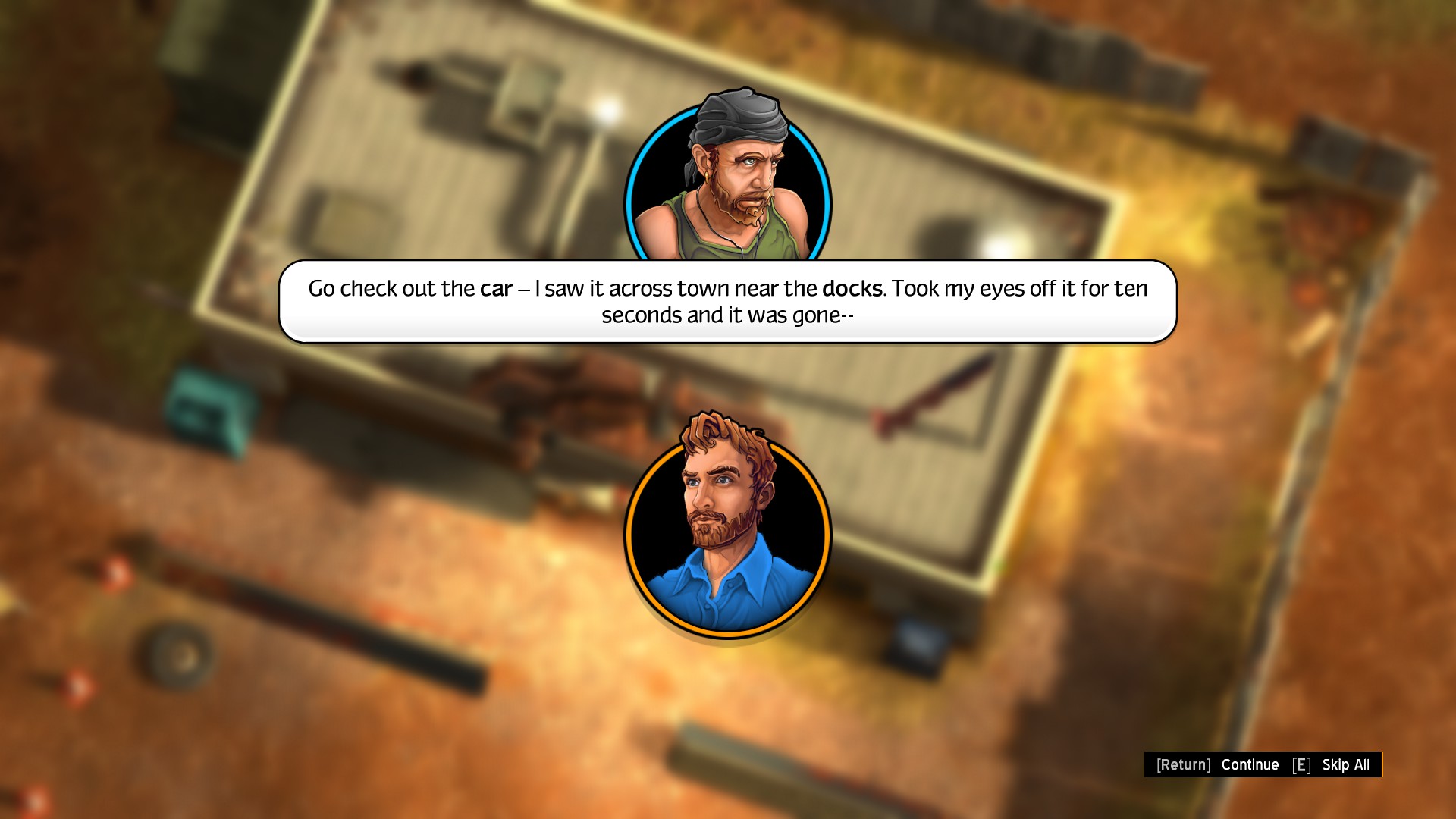Title: Deep Dive: This Week's Most Noteworthy Developments in the AI and Gaming Frontier

The intersection of artificial intelligence and gaming continues to be the most dynamic and transformative space in the tech world. This week was no exception, with breakthroughs in generative AI, strategic industry shifts, and thought-provoking ethical debates taking center stage. From the labs of tech giants to the desks of indie developers, the pace of change is relentless. Here are the most noteworthy highlights from the past seven days.
1. OpenAI's Sora Stuns with Interactive Game Environment Generation
The biggest tremor this week came from OpenAI, which released a new series of demos for its text-to-video model, Sora, but with a twist that sent the game dev community into a frenzy. While previously known for generating short, photorealistic video clips from text prompts, a new research paper showcased Sora's ability to generate interactive, navigable game environments.
The demonstration involved a simple text prompt: "A 3D, third-person perspective of a character exploring a moss-covered ancient ruin, low-poly art style, serene music." Instead of a linear video, Sora output a basic but fully traversable 3D environment. The AI didn't just create a scene; it generated the geometry, textures, and a consistent art style that held up as the "camera" moved through the space. This represents a monumental leap from static asset creation to dynamic world-building.
#GameDev #AI #OpenAI #Sora #ProceduralGeneration #FutureOfGaming
Why it matters: This technology, while in its infancy, points to a future where developers can prototype entire game levels or generate vast open-world backdrops through natural language. It could drastically reduce the time and cost of environment art, lowering the barrier to entry for indie creators and empowering AAA studios to build even more expansive worlds. The immediate questions revolve around control, consistency, and how such tools would integrate into existing engines like Unity and Unreal.
2. NVIDIA's "ACE" Gets its First Major Playable Demo at GDC
NVIDIA made significant waves at the Game Developers Conference (GDC) by unveiling the first fully playable demo of its Avatar Cloud Engine (ACE). We've seen tech demos before, but this was a hands-off, real-time interaction that showcased the integration of several AI models working in concert.
The demo, titled "Covert Protocol," placed the player in a cyberpunk narrative where they had to converse with two AI-powered NPCs to extract information. Using automatic speech recognition (ASR) for voice input, a large language model (LLM) to generate contextually perfect responses, and text-to-speech (TTS) for vocal output, the NPCs held unscripted, natural conversations. The most impressive feat was the real-time animation of facial expressions and lip-syncing, which was driven directly by the emotional tone and cadence of the AI-generated speech.
#NVIDIA #ACE #GDC2024 #AIGaming #NPC #LLM #RealTimeAI
Why it matters: This moves us beyond the hype and into the realm of practical application. It proves that real-time, generative AI for NPCs is technically feasible today. The implications for role-playing games and immersive sims are profound, promising a future where no two playthroughs are the same. However, it also raises the bar for computational requirements, likely cementing the need for powerful cloud-based AI processing.
3. Ubisoft's "NEO NPC" Project: A Cautious Step Towards Generative Storytelling
Not to be outdone, Ubisoft presented its own research project, "NEO NPCs," in partnership with NVIDIA and Inworld AI. While similar to NVIDIA's ACE in concept, Ubisoft's approach is notably more curated and narrative-focused. The key differentiator is the "writer's room" tool, where narrative designers can define the NPC's backstory, knowledge boundaries, personality traits, and dialogue style—essentially creating a "brain" for the character before the LLM takes over.
This week, journalists got hands-on time with a NEO NPC named "Bloom," a freedom fighter in a dystopian city. The interactions were less about fetching quests and more about building rapport and strategically extracting information. The NPC remembered previous conversations and adjusted its attitude toward the player based on their choices.
#Ubisoft #NeoNPC #InworldAI #Storytelling #GameDesign #EthicsInAI
Why it matters: Ubisoft's model represents a pragmatic middle ground. It harnesses the power of generative AI for emergent storytelling but keeps it anchored within a designed narrative framework. This addresses a major concern among writers: that pure LLMs could break narrative cohesion or produce off-brand content. It shows a major publisher actively working on a controlled, designer-led implementation of the technology.
4. The Rising Chorus for Ethical AI and Developer Protections
Amidst the technological excitement, a crucial and sobering counter-narrative gained volume this week. The International Game Developers Association (IGDA) and several high-profile industry veterans published an open letter calling for clear ethical guidelines and contractual protections for developers in the age of generative AI.
The concerns are multi-faceted:
- Job Displacement: Fear that AI tools could be used to replace entry-level roles in writing, concept art, and QA.
- Data Provenance: Ongoing lawsuits and debates about whether the models are trained on copyrighted material without consent or compensation.
- Creative Integrity: The risk of homogenized art styles and narratives if everyone uses similar AI prompts.
The letter advocates for "AI as an assistive tool to augment human creativity, not replace it," and urges studios to update contracts to ensure human creators retain credit and ownership.
#EthicsInAI #GameDev #IGDA #CreativeRights #TechPolicy
Why it matters: Technology without ethical guardrails is a recipe for crisis. This growing movement is essential for ensuring that the incredible power of AI is harnessed responsibly, protecting the livelihoods of the very people who make games magical. It signals that the industry's conversation is maturing beyond "can we" to "should we, and how?"
Conclusion: A Week of Defining Moments
This week encapsulated the entire spectrum of the AI-in-gaming revolution: breathtaking technological potential, tangible demonstrations of that potential, and the critical societal debates it inevitably sparks. From OpenAI's world-building machines to NVIDIA's conversational NPCs and Ubisoft's narrative safeguards, the future is being written in real-time. The path forward is no longer just about raw innovation; it's about integration, ethics, and steering this powerful technology toward a future that enhances creativity for all.













